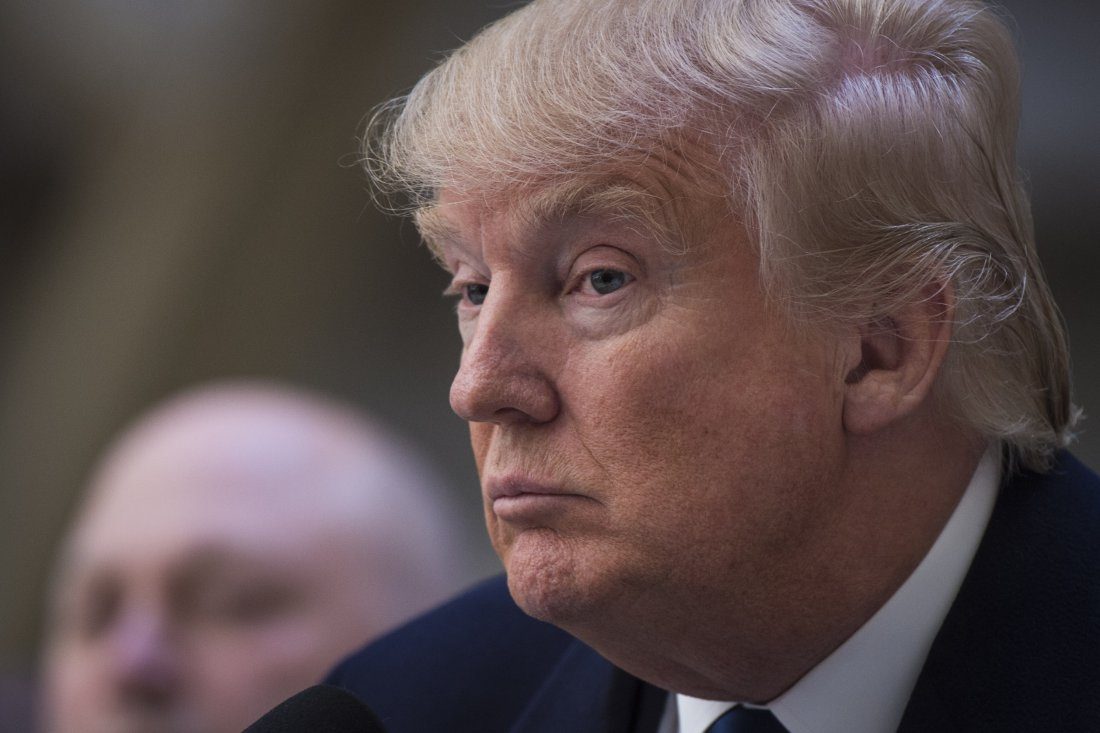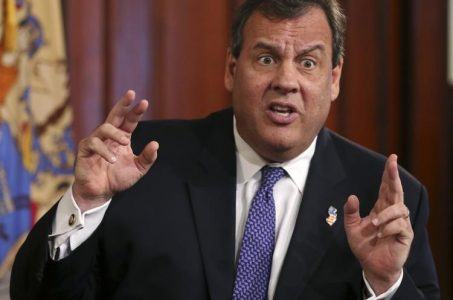Electoral College Odds Slim to None on Donald Trump Not Making It Into Oval Office
Posted on: December 19, 2016, 07:51h.
Last updated on: December 19, 2016, 10:10h.
The Electoral College votes today to officially determine who will become the 45th president off the United States. Hollywood and far-left Democrats notwithstanding, it’s unlikely we’ll be in for any huge surprises when the votes are tallied.
The odds on the Electoral College voting in Democratic candidate Hillary Clinton over President-elect Donald Trump are slimmer than slim.

PredictIt.org, the online political prediction market that allows users to buy and sell shares of outcomes, asks, “Popular vote winner equal Electoral College winner?” The question is a nod to the fact that Clinton won the popular vote, largely because of her dominating performance in California, the nation’s most populated state.
Don’t count on buying land with a Clinton surprise overturn from today’s vote, though. Even if one or two members turn rogue, as a few have said they likely will, the odds are virtually nil that the 37 needed to go turncoat on Trump will surface. As such, PredictIt has a share of “No,” the Electoral College will not vote in the popular vote winner, is trading at 98 cents, to “Yes” at just two pennies.
More traditional online sportsbooks aren’t touching the possibility. Even Paddy Power, always one to take on the seemingly ridiculous, is staying away. Perhaps they are gun shy after making such wrong predictions on both Brexit and the US elections, which cost them dearly.
A total of 538 electors will meet in 50 state capitals, plus the District of Columbia, to officially elect the next president. Though states will release their results later on Monday, the outcome won’t be certified until January 6, when Vice President Joe Biden tallies the final vote during a joint meeting of Congress.
Going to the Head of the Class
The Electoral College has been in place since the country’s Founding Fathers established it as part of the United States Constitution.
The men who formed America were concerned with “factions,” groups of citizens who could sway large sums of votes to a particular side. Instead, they favored a “college” that would distribute influence throughout the country, in order to make sure one region didn’t have more importance than another.
Without the Electoral College, candidates would have little reason to campaign in smaller states, and instead would focus the majority of their time in heavily dense jurisdictions.
Most electors are bound to vote as the majority of the constituents did in their state. Though there are “faithless electors” who can vote against their state’s popular vote, the decision to do so can result in fines and removal from the Electoral College.
But for only the fifth time in history, the Electoral College is about to elect a president who failed to win the popular vote. The last time it happened was in 2000, when another Republican, George W. Bush, won the presidency without the majority of voters.
Much Ado About Putin
Along with the popular vote controversy, those who want the Electoral College to endorse Clinton cite the possibility that Russia somehow interfered with the November 8 election results.
Little concrete evidence has been produced, or at least published, regarding Russia and Vladimir Putin influencing the presidential outcome. But a growing number of lawmakers, including President Obama, are calling on Congress to initiate a special committee to investigate the claims.
In the end, it will be much ado about nothing, as President-elect Trump’s bags are packed for 1600 Pennsylvania Avenue, with a move-in date slated for January 20.
Related News Articles
Georgia GOP Governor Hopefuls Stand United in Opposition to Gambling
Sports Betting Ban PASPA Finally Gets Its Day in Supreme Court
Most Popular
Las Vegas Overstated F1 Race’s Vegas Impact — Report
Mega Millions Reportedly Mulling Substantial Ticket Price Increase
LOST VEGAS: ‘Tony The Ant’ Spilotro’s Circus Circus Gift Shop
Las Vegas Strip Stabbing Near The Strat Leaves One Man Dead
Most Commented
-
End of the Line for Las Vegas Monorail
— April 5, 2024 — 90 Comments -
Mega Millions Reportedly Mulling Substantial Ticket Price Increase
— April 16, 2024 — 6 Comments -
Long Island Casino Opponents Love New York Licensing Delays
— March 27, 2024 — 5 Comments -
Smart Video Poker Players Hamper Casino Profits, Says Study
— March 21, 2024 — 4 Comments
















No comments yet